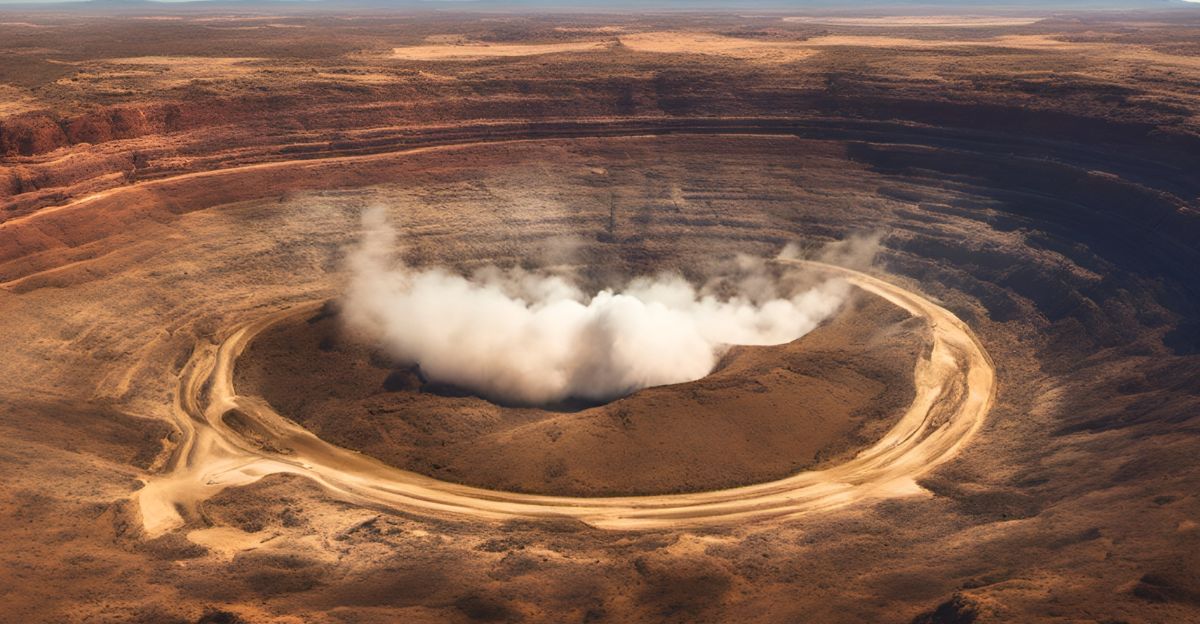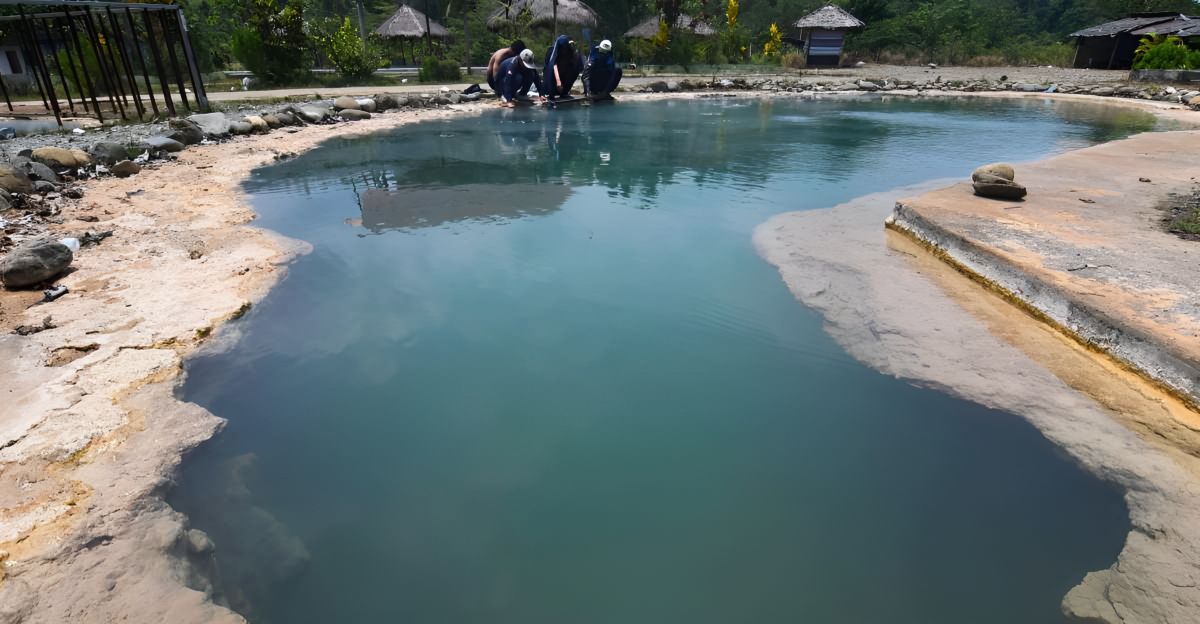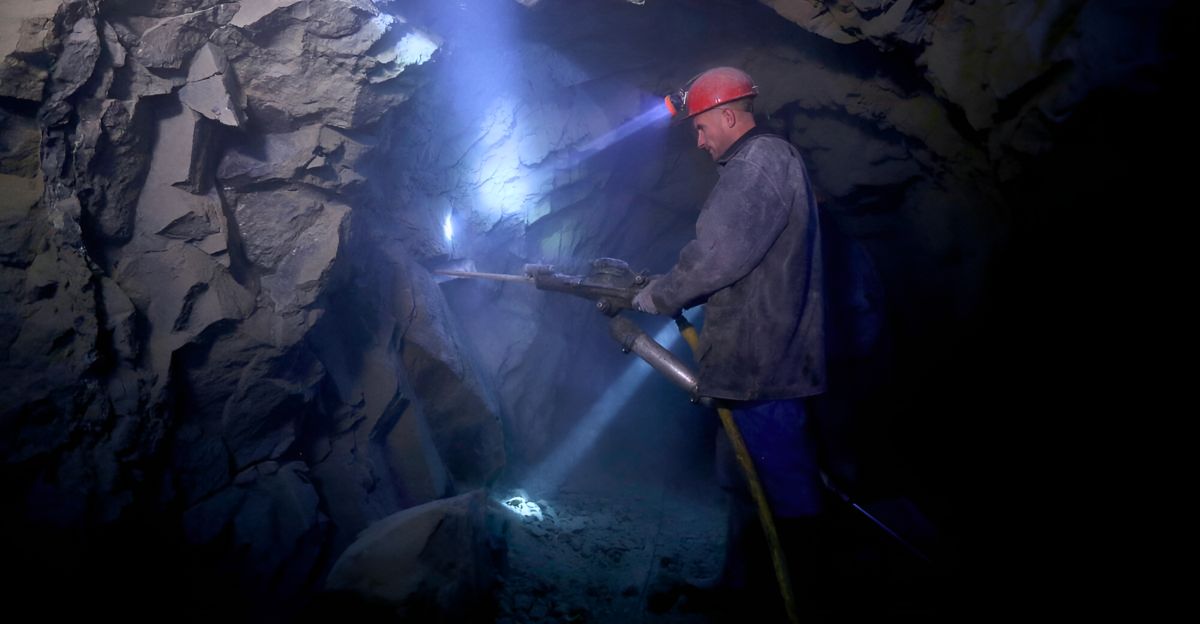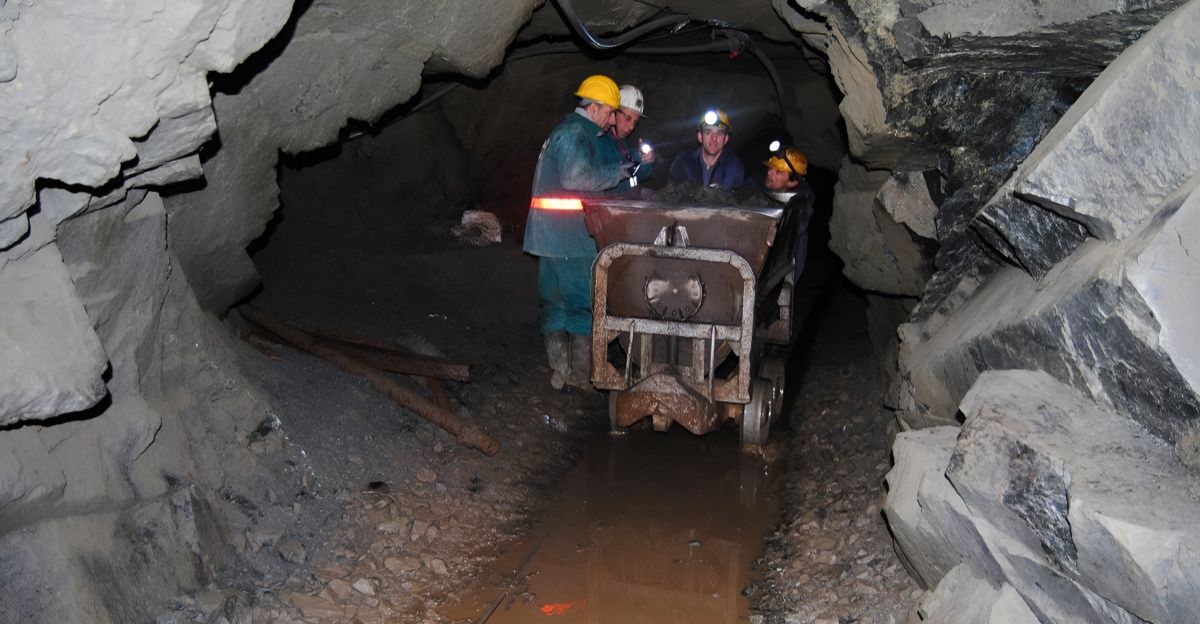
Recent groundbreaking research has uncovered massive natural hydrogen reserves buried deep beneath Earth’s major mountain ranges, such as the Pyrenees, Alps, Balkans, and Himalayas. These deposits, formed over millions of years through geological processes, represent a potentially transformative clean energy source.
Hydrogen emits only water when used as fuel, making it a key player in the global shift away from fossil fuels. The formation of these hydrogen reservoirs is linked to serpentinization, a chemical reaction between water and mantle rocks pushed upward by tectonic forces. However, tapping these deposits raises ecological concerns regarding mountain ecosystems and biodiversity.
The Science Behind Natural Hydrogen Formation

Natural hydrogen forms primarily through serpentinization, where water reacts with iron-rich mantle rocks, producing hydrogen gas. This process is enhanced in mountain ranges because tectonic collisions push deep mantle rocks closer to the surface, allowing water to penetrate and react.
Compared to other geological settings like ocean ridges or rift basins, mountain ranges generate up to 20 times more hydrogen annually due to cooler temperatures and increased water circulation. Rock composition and tectonic activity are critical factors influencing hydrogen accumulation in these regions.
Geographic Hotspots for Hydrogen Reserves

Key mountain ranges with substantial hydrogen deposits include the Pyrenees, European Alps, Balkans, and Himalayas. Advanced tectonic plate modeling reveals these regions as prime sites where mantle rocks are uplifted, and serpentinization is most active.
The estimated hydrogen volumes in these areas could supply energy for millions of people, marking a significant opportunity for clean energy production. Early exploration initiatives are underway to assess the feasibility of extracting these natural hydrogen reserves.
Hydrogen’s Promise as a Clean Energy Source

Hydrogen combustion produces only water, offering a carbon-free alternative to fossil fuels. Its potential applications span aviation, steel manufacturing, and electricity generation, promising sustainable industrial processes.
Most hydrogen is produced via fossil fuel-based methods, emitting greenhouse gases. Natural hydrogen reserves beneath mountains could revolutionize this by providing a low-carbon, abundant source, accelerating the global energy transition and aiding net-zero emission goals.
Ecological and Environmental Concerns

Extracting hydrogen from mountain ecosystems poses risks, including disrupting delicate geological formations and biological communities. Deep microbial ecosystems that naturally consume hydrogen could be adversely affected, potentially altering subterranean biodiversity. Additionally, hydrogen extraction might impact water cycles and mountain flora and fauna.
Sustainable extraction methods and thorough ecological assessments are essential to minimize environmental damage and preserve mountain ecosystems.
Economic and Industrial Implications

The discovery heralds the emergence of a new natural hydrogen industry with significant economic potential. Developing innovative exploration and extraction technologies presents both challenges and opportunities.
Harnessing local hydrogen resources could reduce dependence on imported fossil fuels, stimulate regional economies in mountainous areas, and attract investment. Market interest in geologic hydrogen is growing, positioning it as a promising sector within the clean energy economy.
Contrarian Views and Uncertainties

Skeptics question the practical scale and accessibility of these hydrogen reserves, citing technical challenges in drilling and safe extraction. The long-term sustainability of natural hydrogen as a consistent resource remains uncertain.
Some experts debate whether artificially stimulating serpentinization could compensate for natural limitations, but this approach faces economic and environmental hurdles. These uncertainties call for cautious optimism and further research before large-scale exploitation.
Historical Context and Evolution of Hydrogen Research

The scientific understanding of geologic hydrogen has evolved from early accidental discoveries, such as a 1987 explosion in Mali, to recent advances in tectonic modeling and geochemistry.
Initially thought rare, hydrogen is now recognized as more abundant in mountain belts than previously believed. This shift has influenced energy policies and climate strategies, positioning hydrogen as a pivotal element in future clean energy frameworks.
Surprising Intersections with Other Fields

Natural hydrogen research intersects with studies on the origins of life, as serpentinization may have contributed to early Earth chemistry. It also influences microbiology through hydrogen-consuming deep biospheres, revealing complex subterranean ecosystems.
This multidisciplinary field combines geology, microbiology, energy engineering, and environmental science, offering insights into innovative energy storage solutions and advancing the hydrogen economy.
Balancing Opportunity and Responsibility

Massive hydrogen reserves beneath mountain ranges offer a transformative clean energy opportunity with the potential to reshape global energy systems. However, responsible development requires careful ecological assessment and sustainable management to protect fragile mountain ecosystems.
Continued research, technological innovation, and international collaboration are crucial to unlocking this resource’s promise while safeguarding biodiversity. This discovery marks a pivotal moment in balancing energy advancement with environmental stewardship.
Explore more of our trending stories and hit Follow to keep them coming to your feed!

Don’t miss out on more stories like this! Hit the Follow button at the top of this article to stay updated with the latest news. Share your thoughts in the comments—we’d love to hear from you!







